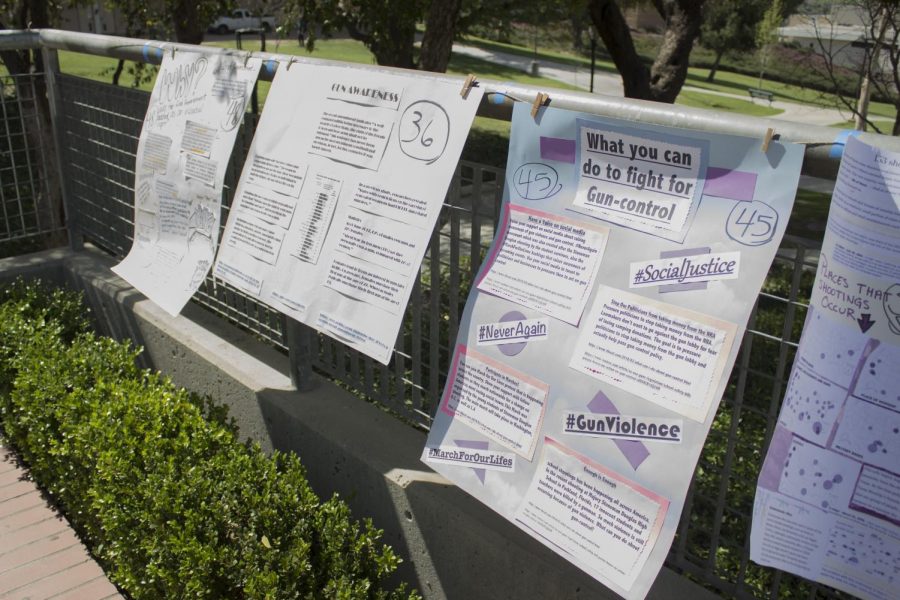The technological age has given mankind advancements that even the most influential science fiction authors could never have dreamt up. One of those things being a nifty little thing called the Web 2.0, a new trend in online web design that encourages creativity and community. Now there are sites like Flickr, Myspace, Youtube, and several others where the entirety of the content is created and filtered by regular old internet web surfers.
One of the casualties of this online empowerment is the serious online news “blog.”
A contraction of the words web and log, blogs began life as online diaries where people would leave running accounts of their personal lives. These eventually mutated into news blogs, where despite being written and edited by serious journalists, the name “blog” carried over.
This new style of news has its definite benefits.
Looking at the writing style and policies of the collection of websites under the Gawker Media Network, articles are short and only contain the relevant information. The sites are also updated hourly as opposed to daily. Most importantly, the writers are expected to add their own two cents on the issues they are reporting on, unless it’s a death or other tragedy.
This last bit is a double-edged sword; by having writers give an opinion and personality to their stories, online readers are better able to connect with journalists and create an online community for the websites.
It can also lead to trouble, such as when Kotaku, a video game news website, ran a story about a website coming under fire for accepting money in exchange for high video game review scores.
Without having all the information or even an official comment from the website, the reporter stated what he believed to be the truth, although largely formed by rumors. This was the equivalent of throwing water on a pan of hot oil. Message boards lit up, and suddenly one reporter’s opinion had become fact.
Professionalism also comes into question with the advent of blogs.
While quite a few reporters knowledgeable in the basics of print journalism have migrated over to blogs, even more are learning the basics for the first time. Needless to say this can lead to some painfully constructed articles, with quotes taken out of context to mean something entirely different along with numerous typos.
Once these growing pains are overcome, we may one day be able to call first time writers on a news blog “journalists” without quotations. Until then, “blogger” will do nicely.





